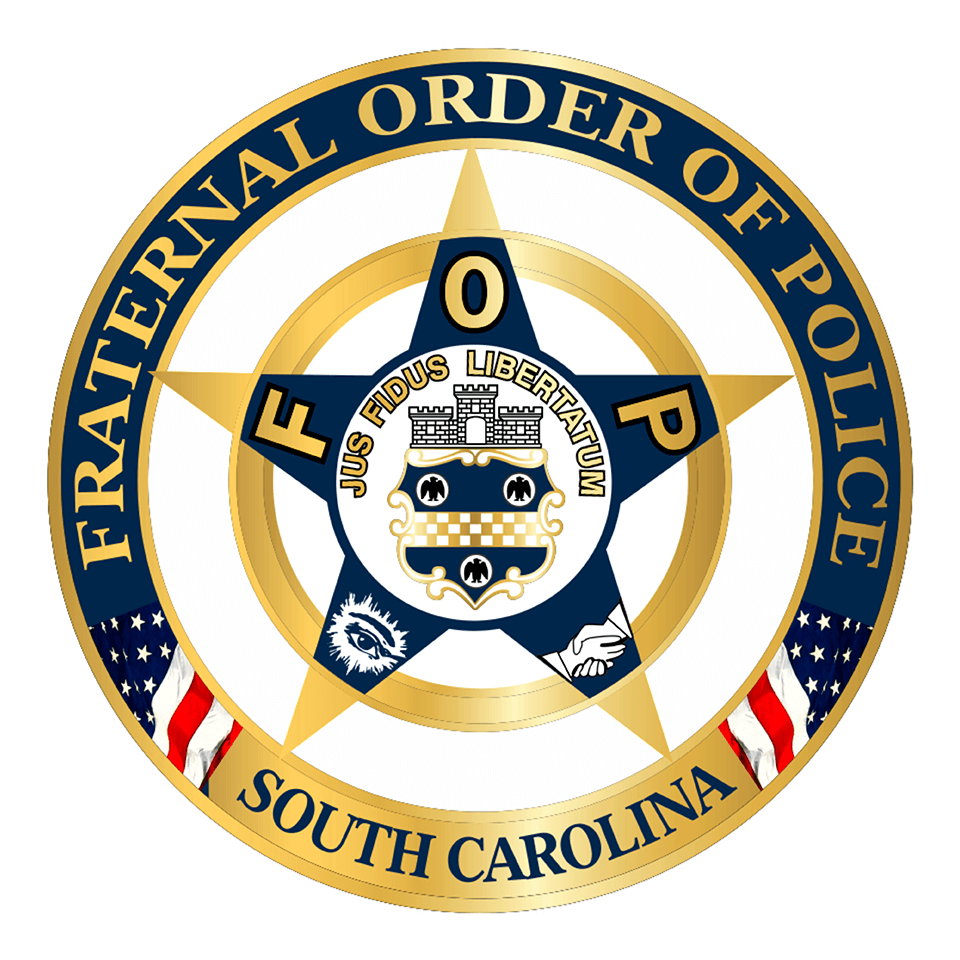In the wake of yet another alarming incident involving a false emergency call, it’s imperative that we address the serious consequences these hoaxes have on our communities. The recent hoax call about an active school shooter at Belton-Honea Path High School in Anderson County, South Carolina, underscores the urgent need for stricter penalties for individuals who perpetrate such false alarms.
Law enforcement agencies received a distressing call just before 11 a.m. on Wednesday, reporting an active shooter situation at the high school. Responding with urgency and deploying a large response, deputies arrived swiftly to assess the situation and ensure the safety of students and staff. However, it was soon revealed that the call was nothing but a hoax, wasting valuable resources and causing unnecessary panic and disruption.
The gravity of these false calls cannot be overstated. They not only divert law enforcement resources away from genuine emergencies but also sow fear and confusion among the public, particularly parents and students who are left in a state of anxiety and uncertainty. The emotional toll on those directly affected by these hoaxes is immeasurable, and the repercussions ripple throughout the entire community.
In this particular case, a teenage suspect has been identified as the perpetrator of the hoax call. While the incident remains under investigation, it is crucial that swift and decisive action be taken to hold the individual accountable for their reckless actions. However, the penalties imposed on perpetrators of false emergency calls must extend beyond mere disciplinary measures outlined in school codes of conduct.
We advocate for legislative reforms that establish more severe penalties for individuals found guilty of making false emergency calls, especially those involving threats of violence or harm. These penalties should reflect the seriousness of the offense and serve as a deterrent to others who may contemplate similar actions in the future. Such measures could include hefty fines, community service, mandatory counseling, and even imprisonment for repeat offenders or cases involving significant disruption and harm.
Moreover, it is imperative that law enforcement agencies work closely with prosecutors and legislators to ensure that existing laws are effectively enforced and that perpetrators are held accountable to the fullest extent of the law. By sending a clear message that false emergency calls will not be tolerated and that those responsible will face serious consequences, we can deter future incidents and safeguard the well-being of our communities.
As advocates for law enforcement and public safety, we stand united in calling for increased penalties for false emergency calls. Together, we must work tirelessly to protect our communities from the detrimental effects of such hoaxes and uphold the integrity of our emergency response systems. Only through collective action and unwavering commitment can we ensure that our communities remain safe and secure for all.
Let us join forces to combat this alarming trend and send a resounding message that false emergency calls have no place in our society. Together, we can make a difference and safeguard the safety and well-being of our communities for generations to come.
